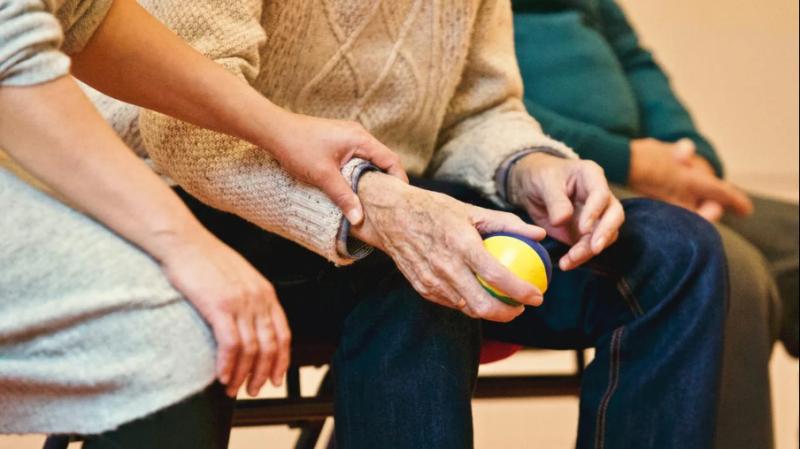6 Signs of Nursing Home Abuse and Neglect You Probably Didn't Know

All too often, people place their elderly relatives in nursing homes, hoping they receive better care and more support. The assumption is that residents would be well cared for by the staff, but sadly, this is not always the case. The elderly can get physically neglected and sometimes even abused.
The signs are sometimes hard to see; however, they are there if you know where to look. If you notice unexplained or repeated physical injuries, emotional withdrawal, or rapid weight loss, you might be looking at signs of abuse and neglect.
1. Physical Injuries
It is not uncommon for older people to have bruises on their bodies. It could be from falls or bumping into a piece of furniture. However, if you notice that your loved one has unexplained bruises that are not caused by their own negligence, this could be a sign of nursing home abuse and neglect.
If you notice such a situation, you should get help from a Brown & Barron nursing home abuse lawyer. They can help you take legal action against the liable party and help protect your loved one.
2. Emotional Withdrawal
Emotional and social withdrawal can be hard to detect because residents may seem happy and content when actually suffering from depression. To find out the truth, try to peek behind the surface. Also, it helps to have consistent contact with them to better monitor and evaluate their wellbeing.
If you notice that they are not eating, sleeping, or socializing as they normally would, you might have a reason for concern. They may also seem withdrawn and isolated from family members. If you notice that your loved one is suddenly quiet and reserved, this could signify emotional withdrawal.
3. Rapid Weight Loss
Weight loss can be another sign of nursing home abuse. If your loved one suddenly starts losing weight without explanation (such as due to illness), it could mean that they are being deprived of adequate nutrition at the facility.
In some cases, nursing home staff will give residents food they don't like in an attempt to force them to eat less and lose weight. Or nursing home staff will deprive them of snacks for the day, so they get hungry by dinnertime.
4. Lack of Safety Checks on Wheelchairs or Power Mobility Devices
If you notice that your loved one's wheelchair has been parked in front of a table or dresser, they may have been left unattended while eating or playing an activity such as cards or puzzles. The same goes for power mobility devices. These can be dangerous if left unattended and could cause injury if they fall over.
5. Infections
Nursing home residents often have special dietary requirements due to their medical conditions or age. If your loved one is unable to eat their meals because they are not appropriately prepared or there is not enough food available, this can indicate that their needs are not being met.
If your loved one has an infection at the nursing home, this could indicate unsanitary conditions at the facility. Nursing homes should provide clean linens and washcloths for each patient regularly.
6. Changes in Medication Use
If your loved one experiences changes in medication use after being admitted to a long-term care facility, this could be a sign of neglect or abuse.
For example, suppose they suddenly stop taking their blood pressure medication but have no apparent medical reason for their action. In that case, someone else might be making decisions about their health care without your input or knowledge.
Read the Signs
Many nursing home residents will not report signs of abuse they're experiencing for fear of repercussions. Therefore, it's up to their family and friends to protect them. The signs you look for should be tailored to the minutiae of your loved one's life. If anything seems off when you visit or call, contact a local abuse hotline or a nursing home abuse lawyer.
About the author:

As a journalist, Leland D. Bengtson dedicated most of his career to law reporting. His greatest satisfaction is to convey legal matters to the public in a language that they can understand. He is active on various platforms and media outlets, writing about common legal issues that people confront with every day. While medical malpractice is his strong suit, Leland covers plenty of other topics, including personal injury cases, family law, and other civil and even criminal legal matters.
More to Read:
Previous Posts:










